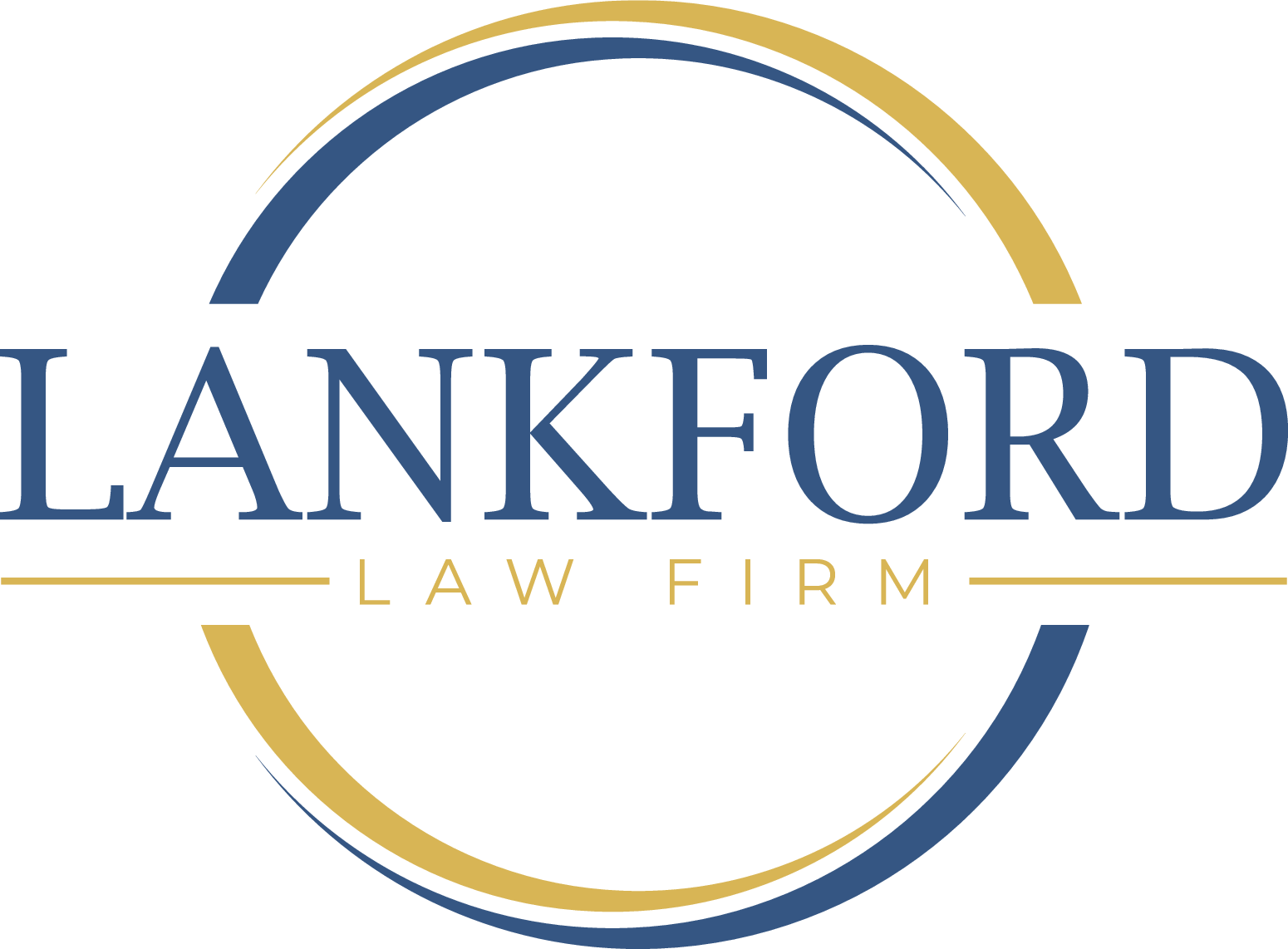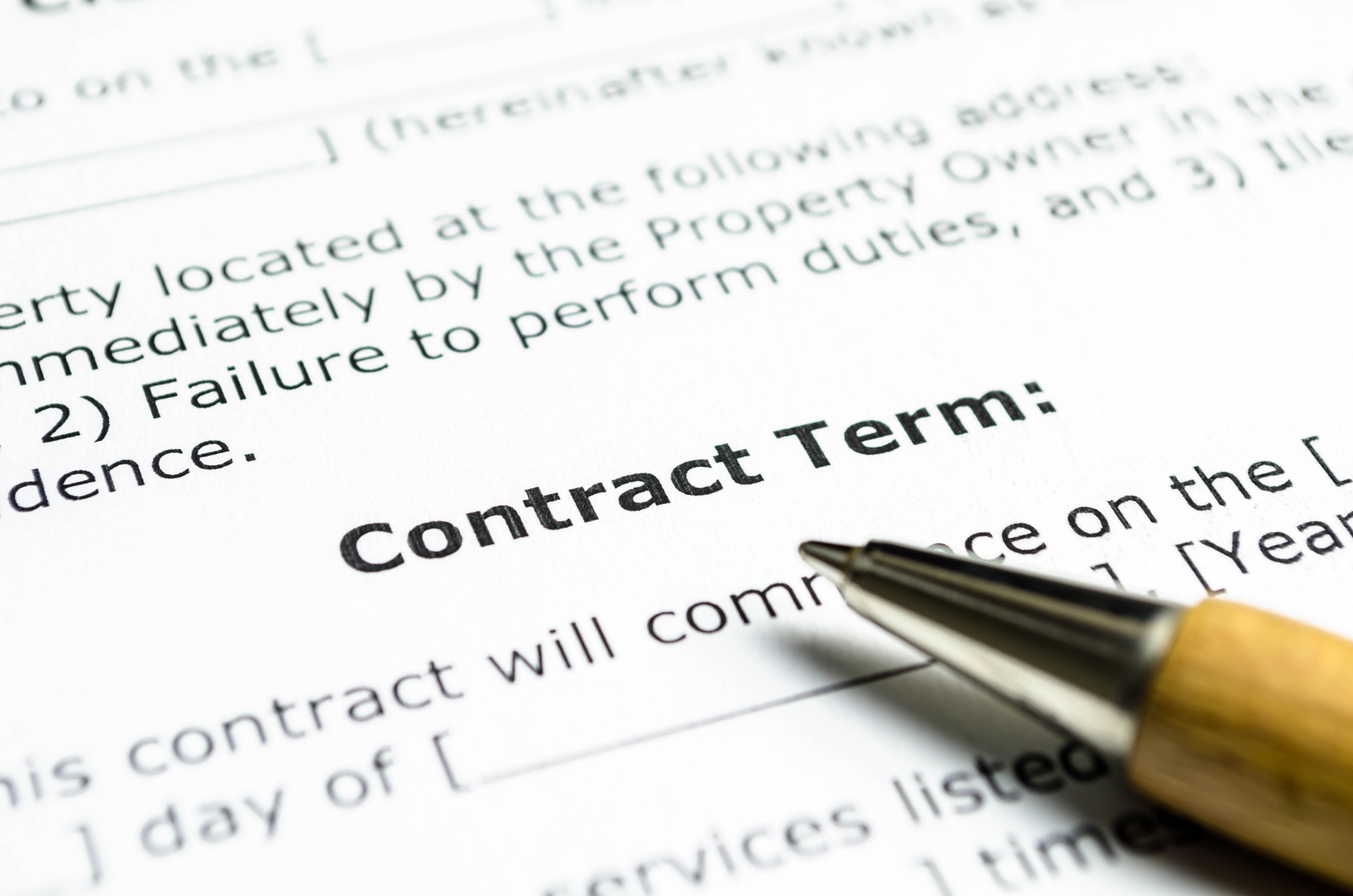Maintaining Trade Secrets Is Not a Spectator Sport
Intellectual property (IP) law is a complex area of the legal system. Certain properties secure a level of protection the second they’re created, but others have little protection other than what their owner provides. This is somewhat the case with trade secrets. That is why it’s critical to understand the strategies for protecting trade secrets in a competitive industry.
The simple fact is that your competitors want to know your secrets. However, choosing to maintain your intellectual property as a trade secret rather than a copyright, trademark, or patent carries certain dangers. The amount of risk management you put into protecting these properties will directly affect whether your trade secrets are safe from your competition.
Identify and Classify Your Trade Secrets
Perhaps the most important part of safeguarding trade secrets from competitors is to identify what qualifies as a trade secret. These properties could be formulas, customer lists, processes, strategies, or other assets that are valuable to your brand. Items that qualify could typically be federally protected as other forms of IP, but keeping them secret offers a competitive advantage.
Once you’ve identified what qualifies as a trade secret in your organization, it’s important to assign levels of confidentiality to each asset. While this might seem like an unnecessary step, the reality is that these assigned levels will prove critical in properly protecting your trade secrets from competitors. They’ll be used to guide the access and protection efforts you’ll need to take.
Limit Access Whenever Possible
Companies that are successful at protecting trade secrets have one major trait in common: limited access. Restricting access of sensitive information only to employees or third parties who need the information in their roles is critical. For instance, do you think the drivers of the Coca-Cola brand’s trucks know the secret recipe? Absolutely not.
Brands that know how to protect trade secrets in competitive industries have always excelled at the task of limiting access. This was true long before the Digital Age, but with modern technology, the task has become even more straightforward. Organizations now use tech tools to enforce access levels based on job responsibilities.
This is essentially automated trade secret protection and a powerful tool to have in your arsenal.
Confidentiality Agreements
Assigning access permissions based on a person’s role in the organization will play a significant role in protecting trade secrets in competitive industries. Unfortunately, these efforts still have a major flaw — that access must still be given to certain individuals. What happens if these folks leave the company or enjoy discussing their jobs with others?
Certain confidentiality agreements can minimize the risk inherent to these realities:
- Non-disclosure agreements (NDAs): These agreements outline the obligations that employees, contractors, and business partners have to protect a brand’s trade secrets
- Non-compete agreements: This is an agreement signed by certain individuals in an organization that restricts their ability to work with competitors or engage in direct competition themselves
- Non-solicitation agreements: Individuals who sign this contract agree to not solicit clients in the event that they leave a company
These agreements are among the most important steps to protect trade secrets in highly competitive industries. Not only do they prove that an organization is taking active measures to protect its intellectual property, but they also create real and concrete repercussions for anyone who might think of violating confidentiality.
Be Ready to Enforce Your Rights
Confidentiality agreements and other steps for protecting trade secrets in competitive industries mean nothing if you’re not prepared to enforce your rights. Fortunately, there are state and federal legal remedies available to you. Failing to take action against trade secret violations can result in the loss of protection.
That’s why you should consider the following actions:
Civil Remedies
- Injunctive relief: Court orders to stop use or disclosure, compel the return of stolen materials, or block someone from working with a competitor
- Damages: Courts can award damages for economic harm, unjust enrichment, and reasonable royalty
- Punitive damages: Courts can award additional damages as a form of punishment
- Attorney’s fees: There are certain situations where a party to a case may be reimbursed for their legal costs
- Seizure orders: Federal law allows for seizure orders to immediately recover stolen trade secrets
Criminal Penalties Under the Economic Espionage Act
- Fines: Individuals could face millions in fines
- Imprisonment: Trade secret theft could potentially result in up to a decade or more in prison
- Forfeiture: Courts can order that property or proceeds obtained through theft be forfeited
Other Potential Remedies
Organizations and brands can also terminate employees who engage in the misappropriation of secrets. Additionally, they can seek restraining orders through the courts that will limit the misappropriator’s access to sensitive materials and information.
Can a Legal Professional Help Protect Trade Secrets?
Fortunately, there are many steps that entrepreneurs and professionals can take to protect their trade secrets. Many of these strategies can be done in-house, but there are times when working with a business attorney can prove invaluable. For instance, an experienced lawyer can create non-disclosure agreements, restrictive covenants, and non-compete agreements for you.
Sadly, not even these effective forms of intellectual property protection are effective 100% of the time. It’s possible that dishonest individuals could take actions that endanger your intellectual property. In these situations, even the best proactive strategies for protecting trade secrets in a competitive industry can fall short of their goals.
When such situations arise, an attorney can take quick and decisive legal action to protect your brand’s interests. At Lankford Law Firm, our legal team can take proactive and reactive measures to protect your intellectual property from misuse. Contact us at 850-888-8992 to schedule a confidential consultation.


 Call Us Now
Call Us Now Email Us Now
Email Us Now



